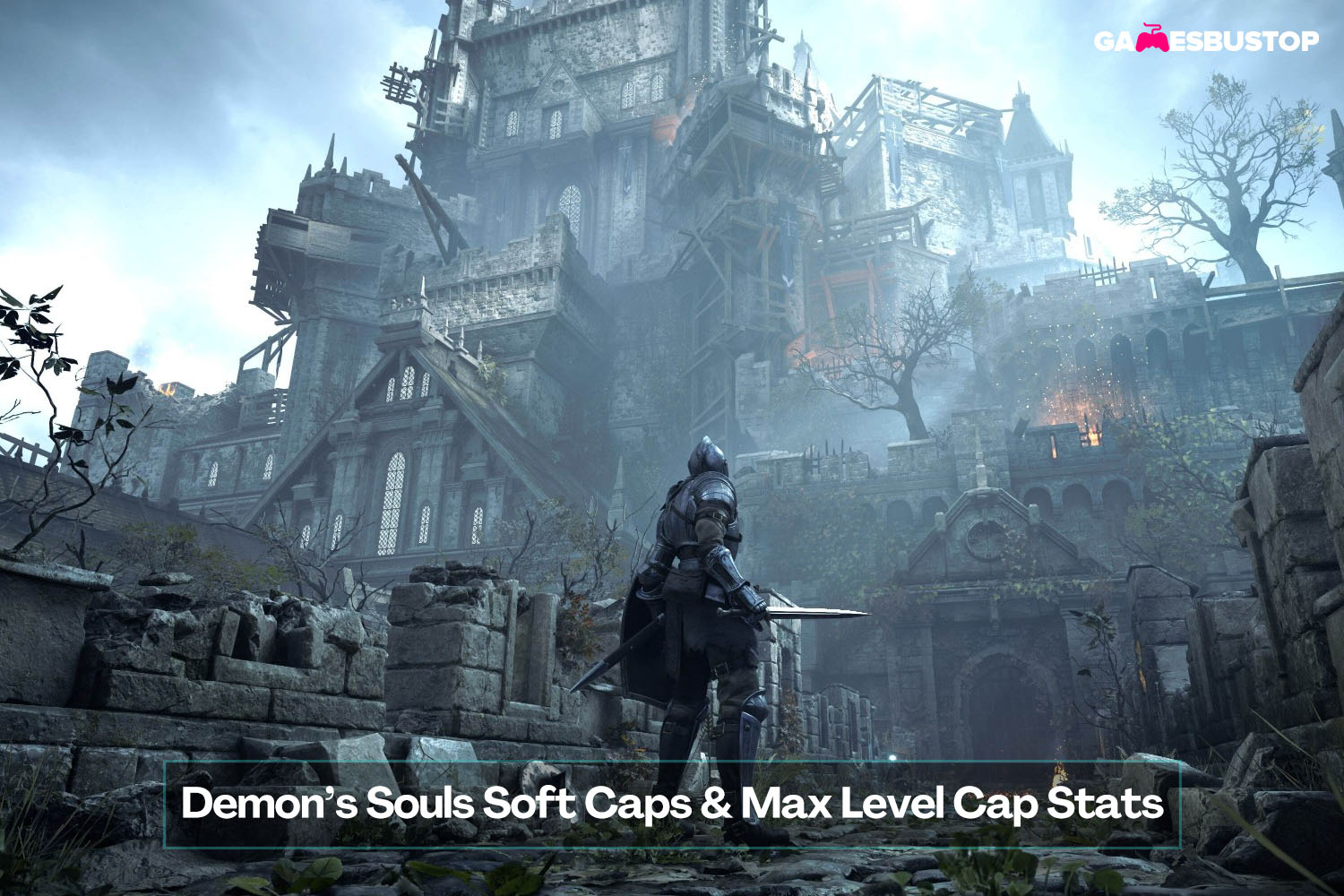
The Infinite Journey: Instant Play RPGs and the Allure of Uncapped Progression
Who hasn’t, at some point, dreamed of becoming a legendary hero, a master of arcane arts, or a formidable warrior whose power knows no bounds? Role-playing games (RPGs) have long been the digital canvas for such aspirations, offering worlds where we can craft our destinies, embark on epic quests, and watch our characters grow from humble beginnings to powerful figures. Yet, for all their magic, traditional RPGs often come with a hidden caveat: an end. A final boss, a narrative conclusion, or, most universally, a level cap that eventually halts the relentless march of progression.
But what if the journey never truly had to end? What if the thrill of gaining a new level, unlocking a potent skill, or finding a legendary piece of gear wasn’t a finite resource, but an endless wellspring of potential? Enter the fascinating world of instant play RPGs that defy the conventional wisdom of level caps, offering an unending odyssey of growth and power that’s accessible with just a few clicks. These browser-based, often free-to-play gems are carving out a unique niche in the gaming landscape, appealing to a generation hungry for both convenience and boundless adventure.
The Power of "Instant": Accessibility Redefined
Before we delve into the boundless depths of uncapped progression, let’s talk about the "instant play" aspect. In an era dominated by multi-gigabyte downloads, lengthy installation processes, and the constant demand for cutting-edge hardware, the idea of an RPG that you can simply open in your web browser and dive into within seconds feels almost revolutionary. This isn’t a new concept, of course; text-based Multi-User Dungeons (MUDs) have existed for decades, offering rich, imaginative worlds powered solely by text and player interaction. Modern instant play RPGs are their vibrant descendants, leveraging web technologies to deliver visually engaging experiences without sacrificing the core tenets of the genre.
The convenience is unparalleled. Stuck at a boring meeting (not that we’d condone that!), on a lunch break, or simply wanting a quick gaming fix without committing to a console or PC rig? Instant play RPGs are your answer. They often require minimal system resources, meaning they’ll run smoothly on older laptops, netbooks, or even many tablets via their browsers. This low barrier to entry democratizes the RPG experience, inviting casual players, busy professionals, and those with limited gaming budgets into worlds they might otherwise never explore. There’s no lengthy setup, no patching, no storage worries – just click, create, and conquer. It’s the ultimate pick-up-and-play fantasy, allowing players to weave their heroic sagas into the fabric of their daily lives, one quick session at a time.
The Allure of the Infinite: When "Max Level" is Just a Myth
Now, let’s tackle the main event: the captivating promise of an RPG with no level cap, no max level, and no artificial ceiling to your character’s potential. In a world of finite games, these titles offer a refreshing, almost defiant, sense of endlessness. For many players, reaching the level cap in a traditional RPG can be a bittersweet moment. While it signifies mastery and the completion of a progression arc, it often ushers in the "endgame grind," where the primary focus shifts from character growth to optimizing gear, achieving reputation milestones, or endlessly repeating content for marginal gains. The inherent thrill of "leveling up" dissipates.
Instant play RPGs with uncapped progression flip this script entirely. They posit that the true joy of an RPG isn’t just about reaching a destination, but about the continuous journey itself. Imagine a game where every monster slain, every quest completed, every resource gathered, contributes to an ever-expanding pool of experience that always leads to a new level, a new skill point, or an incremental boost to your stats. This creates a powerful psychological feedback loop. There’s always something to strive for, always a higher number to chase, always a new tier of power to unlock. The feeling of "being stuck" or "having nothing left to do" is largely mitigated, replaced by the persistent hum of potential.
This design choice taps into a fundamental human desire for self-improvement and growth. In the real world, we rarely "cap out" our knowledge or abilities; there’s always more to learn, more to achieve. These games mirror that sentiment, offering a digital sandbox where your character’s evolution is limited only by your dedication. It transforms the grind from a chore into a meditative process, a continuous affirmation of progress.
How Does it Work? Mechanics of Endless Growth
Maintaining engagement in a game designed for infinite progression is no small feat. Developers of these instant play RPGs employ a variety of clever mechanics to keep the experience fresh and rewarding, even as numbers soar into the astronomical:
- Exponential Scaling: As levels increase, the experience required to reach the next level often scales exponentially. This means early levels are quick and satisfying, while later levels become monumental achievements, making each subsequent gain feel earned and significant.
- Diminishing Returns (and New Mechanics): While base stats might continue to increase, the impact of each individual point might diminish over time. To counteract this, games often introduce new layers of progression:
- Prestige/Rebirth Systems: Reaching a certain milestone might allow players to "prestige" or "rebirth" their character, resetting their level but granting a permanent, compounding bonus that makes future runs faster and more powerful. This introduces a meta-progression loop.
- Horizontal Progression: Instead of just increasing numbers, players might unlock entirely new skill trees, crafting recipes, housing upgrades, or companion systems that add depth and variety rather than just raw power.
- Gear and Enchantments: The pursuit of ever-better gear, with increasingly complex enchantments and rare affixes, becomes a core endgame loop. Even if your level is uncapped, finding that perfect combination of items can provide a massive power spike.
- Mastery Systems: Beyond basic levels, characters might gain mastery points in specific skills (e.g., "Sword Mastery," "Fire Magic Mastery"), allowing for micro-optimizations and specialized builds.
- Procedural Generation and Dynamic Content: To combat repetitiveness, some instant play RPGs utilize procedural generation for dungeons, quests, or enemy encounters. This ensures that even if you’re repeating similar actions, the specific context or challenge might be slightly different each time. Dynamic events or rotating challenges also keep players on their toes.
- Community and Competition: Leaderboards for highest level, most powerful character, or fastest progression provide a competitive edge. Guilds or clans foster a sense of community and shared goals, encouraging players to push their limits together.
The Psychological Payoff: Why We Keep Clicking
The appeal of instant play, uncapped RPGs runs deeper than mere mechanics. They tap into several fundamental psychological drivers:
- The Reward Cycle: Humans are wired for rewards. Every level-up, every new item, every defeated boss triggers a dopamine release, creating a satisfying feedback loop that encourages continued play. With no cap, this cycle theoretically never has to end.
- Mastery and Competence: The steady increase in power and the ability to overcome increasingly difficult challenges provide a strong sense of competence and mastery. You’re not just playing; you’re getting better, and the game endlessly validates that improvement.
- Escapism and Stress Relief: For many, these games offer a low-stakes form of escapism. The rhythmic progression, the clear goals, and the constant sense of achievement can be a soothing balm against the complexities and uncertainties of real life. It’s a world where your efforts are always rewarded, a comforting thought.
- The "One More Turn" Syndrome: The ease of access combined with the endless progression feeds into the classic "just one more level" or "just one more item" mentality. Before you know it, a quick five-minute session has stretched into an hour, not out of obligation, but out of genuine engagement with the continuous pursuit of power.
- Nostalgia for Simplicity: For some, these games evoke a sense of nostalgia for older, simpler RPGs where character progression was king and elaborate narratives took a backseat. They offer a pure, unadulterated dose of stat-building and monster-slaying.
Challenges and Considerations
While the concept is undeniably appealing, uncapped, instant play RPGs aren’t without their challenges and criticisms:
- The Grind Wall: Without a well-designed progression curve and engaging mechanics, "endless progression" can quickly devolve into an endless, mind-numbing grind. Developers must constantly introduce new content, systems, or challenges to keep players invested.
- Narrative Depth: Many instant play RPGs prioritize mechanics and progression over deep, branching narratives. While some manage to weave compelling stories, the open-ended nature often means sacrificing a strong, singular plotline in favor of repeatable quests and emergent gameplay.
- Monetization Models: As many of these games are free-to-play, they rely on microtransactions. This can range from purely cosmetic items to "pay-to-progress-faster" options. The balance between offering tempting advantages and avoiding "pay-to-win" scenarios is a tightrope walk that developers must navigate carefully.
- Repetitiveness: Even with procedural generation, the core gameplay loop can become repetitive over time. The key lies in providing enough variety in enemies, environments, and activities to keep the loop engaging.
- The "Why Bother?" Question: For players who thrive on narrative closure or a definitive "win state," the concept of an endless game might feel daunting or even pointless. These games cater to a specific mindset – one that finds joy in the journey itself, rather than a final destination.
The Future of Infinite Adventures
The landscape of instant play, uncapped RPGs is dynamic and continuously evolving. From sophisticated browser-based MMORPGs that feel like client-based games to minimalist idle RPGs that progress even when you’re offline, the innovation continues. Games like Realm of the Mad God (which, while having a soft level cap, encourages endless "maxing" of characters and gear progression), or many of the popular browser-based idle RPGs, perfectly embody the spirit of continuous growth. These are not just time-wasters; they are often intricately designed systems that offer surprising depth and strategic choice.
As web technologies advance, we can expect even more visually stunning and mechanically complex instant play experiences. The line between what constitutes a "browser game" and a "full game" will continue to blur, driven by the desire for accessibility and the enduring allure of boundless adventure.
In a gaming world increasingly focused on photorealism and cinematic experiences, the instant play, no-level-cap RPG stands as a testament to the power of core gameplay loops and the human fascination with growth. It’s a digital sandbox where the hero’s journey is truly infinite, where every click contributes to an ever-unfolding saga, and where the promise of becoming "the best" is a horizon that always beckons, never quite reached, always inviting us to take just one more step. So, if you’re looking for an adventure that never truly ends, one that fits perfectly into the nooks and crannies of your busy life, then open your browser and prepare to step into a world where your legend can truly be infinite.
